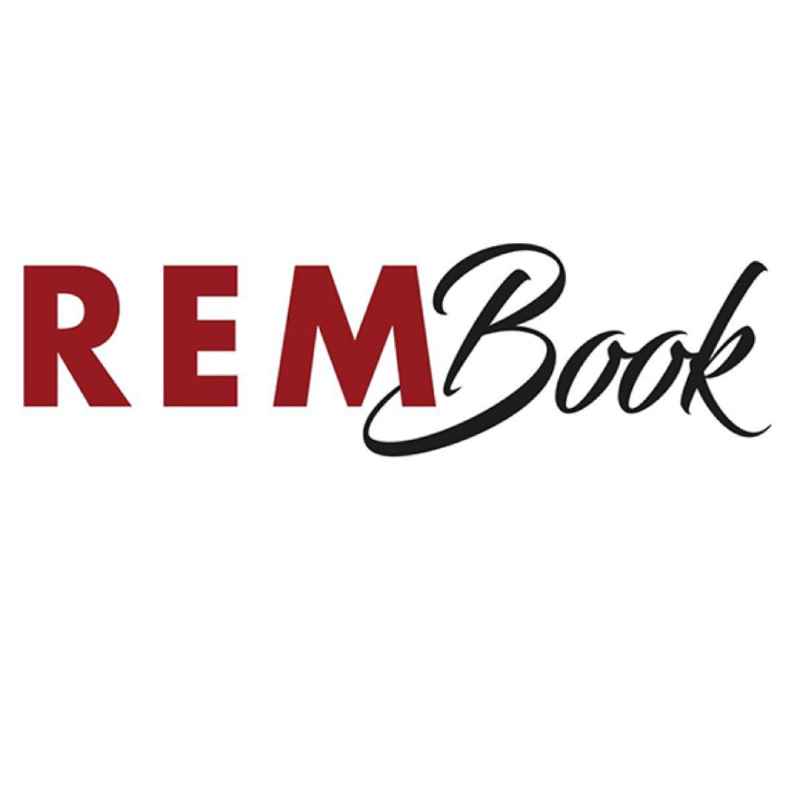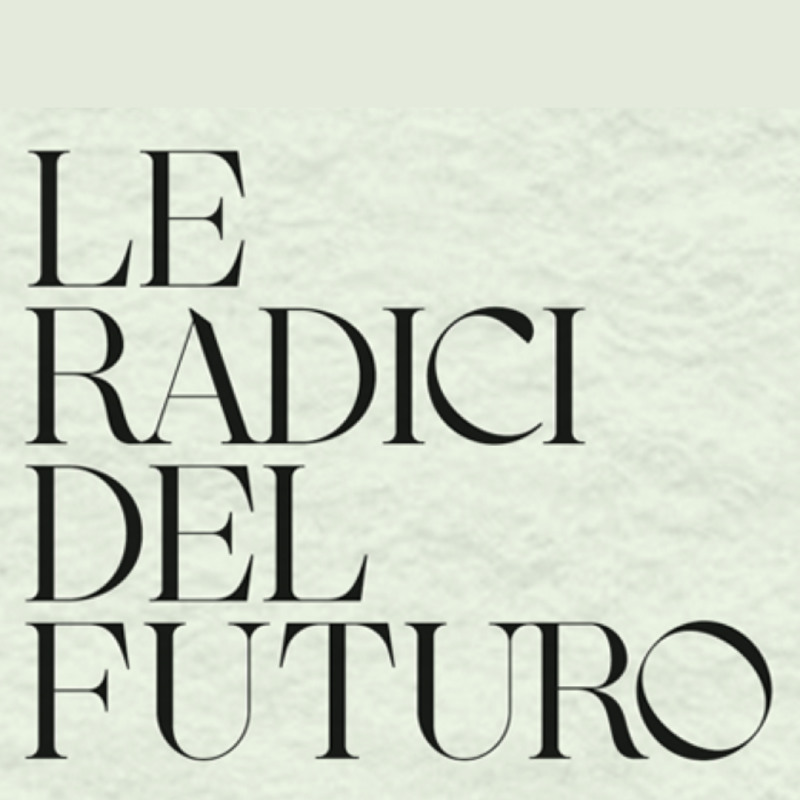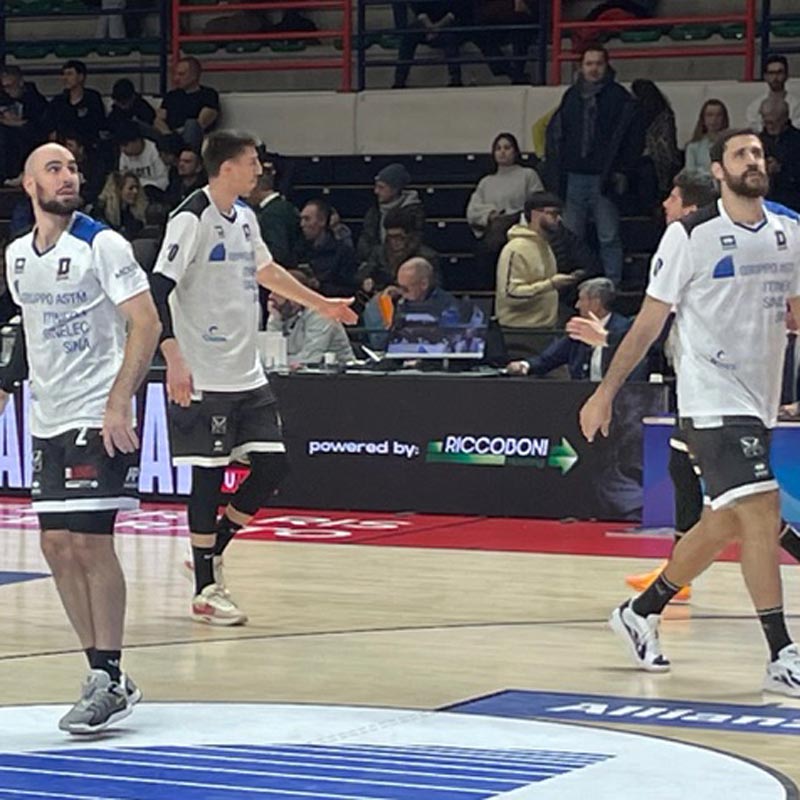PRESS RELEASE
THE SECOND EDITION HAS COME TO A CLOSE OF THE EDUCATIONAL PROJECT “WHAT HAPPENS TO OUR WASTE? FROM PRODUCTION TO FINAL DISPOSAL” PROMOTED BY THE PROVINCE OF ALESSANDRIA TOGETHER WITH RICCOBONI HOLDING.
150 SECONDARY SCHOOL STUDENTS TOOK PART IN TOURS OF THE RIHABITAT PLANT IN SEZZADIO
“What happens to our waste? From production to final disposal” is an educational project that gave first-hand experience to upper secondary school students and this year, for the first time, also lower secondary school students, allowing them to learn about the life-cycle of the goods produced and which we use every day.
The closing press conference took place in a packed council chamber of the Province of Alessandria for the second edition of this educational project which ran from March to May 2025, promoted by the Province of Alessandria together with Riccoboni Holding, attended by representatives of the students who took part.
This educational project, organised together with the Province’s Environmental Education and Promotion Service coordinated by Dr Roberta Cazzullo, increased students’ awareness about the subject of production and, in particular, the disposal of special and industrial waste, teaching the students about the life-cycle of consumer goods and how we can use recycling techniques to recover useful resources for additional future goods production while respecting the environment and complying with health and safety standards.
Year 9 students from Occimiano, two classes from the Rita Levi-Montalcini Secondary School in Acqui Terme, two classes from the Galileo Galilei Secondary School for Sciences in Alessandria and two classes from the Volta Technical Institute in Alessandria, making it a total of 150 students who took part in educational tours of the “Ri-Habitat” plant for the final disposal of non-hazardous special waste in Sezzadio, led by an instructor, the plant director and a technician.
The Riccoboni Group’s Ri-Habitat is a state-of-the-art facility for the disposal of non-hazardous special waste. The site’s job is to hold five types of non-hazardous special waste (excavated earth and rock, solid waste from soil remediation, solidified waste from processing plants, construction and demolition waste, and stabilised waste from processing plants), i.e. industrial waste, demolition materials and remediated soil. As these types of materials are non-degradable, they do not generate odours or their own leachates.
The RiHabitat plant is divided into eight sectors and has been up and running since July 2022. RiHabitat’s total capacity is 1,213,475 m3 (volume of waste and volume of final coverage) which stretches over an area of 122,500 m2. The total volume available for waste placement is 965,975 m3. At the end of cultivation, RiHabitat will bring back the morphological system prior to the mining, restoring the integrity of the area’s landscape and environment with regards to the surrounding region through a recovery plan including full measures to restore the natural environment. The project involves the creation of a cover of grass and planting approximately 1800 native plants per hectare over an area of about 10 hectares.
According to a statement by the President of the Province of Alessandria, Luigi Benzi, “When projects grow stronger, it means what they are doing is valuable and important. Understanding the waste cycle and knowing that it can also be a resource will allow the men and women of tomorrow to focus more on the environment and sustainability. The Province of Alessandria is always willing to promote training and I would like to thank the Riccoboni Group for their transparency and collaboration”.
“The engaged and constructive participation of the students and teachers in the educational project offered last year”, declared Angelo Riccoboni, the CEO and President, and Ilaria Riccoboni, the Communications Manager of Riccoboni Holding, “convinced us about the importance of allowing young people to visit the Rihabitat plant so they could gain in-depth practical experience about the issue of the circular economy and, in particular, learn more about special waste: how much is produced, how it is managed, recycling and final disposal. Training was also provided directly in the field to try to spark aspiring students’ interest in courses about studying and protecting the environment. We examined issues relating to the RiHabitat plant, seeking to improve their knowledge of special waste, how much is produced and how it is managed: recycling and final disposal. We addressed the criteria for choosing where to build a recycling or disposal plant and highlighted the journey of waste on its way to the landfill site, which waste can enter the plant, what happens when waste arrives at the plant, and what it means to “cultivate” a landfill site, a subject which really intrigued the students. We explained how the land is guaranteed to be safe once the waste is in place, and how internal and external checks are ensured as well as the aquifer monitoring plan”.
The closing press conference took place in a packed council chamber of the Province of Alessandria for the second edition of this educational project which ran from March to May 2025, promoted by the Province of Alessandria together with Riccoboni Holding, attended by representatives of the students who took part.
This educational project, organised together with the Province’s Environmental Education and Promotion Service coordinated by Dr Roberta Cazzullo, increased students’ awareness about the subject of production and, in particular, the disposal of special and industrial waste, teaching the students about the life-cycle of consumer goods and how we can use recycling techniques to recover useful resources for additional future goods production while respecting the environment and complying with health and safety standards.
Year 9 students from Occimiano, two classes from the Rita Levi-Montalcini Secondary School in Acqui Terme, two classes from the Galileo Galilei Secondary School for Sciences in Alessandria and two classes from the Volta Technical Institute in Alessandria, making it a total of 150 students who took part in educational tours of the “Ri-Habitat” plant for the final disposal of non-hazardous special waste in Sezzadio, led by an instructor, the plant director and a technician.
The Riccoboni Group’s Ri-Habitat is a state-of-the-art facility for the disposal of non-hazardous special waste. The site’s job is to hold five types of non-hazardous special waste (excavated earth and rock, solid waste from soil remediation, solidified waste from processing plants, construction and demolition waste, and stabilised waste from processing plants), i.e. industrial waste, demolition materials and remediated soil. As these types of materials are non-degradable, they do not generate odours or their own leachates.
The RiHabitat plant is divided into eight sectors and has been up and running since July 2022. RiHabitat’s total capacity is 1,213,475 m3 (volume of waste and volume of final coverage) which stretches over an area of 122,500 m2. The total volume available for waste placement is 965,975 m3. At the end of cultivation, RiHabitat will bring back the morphological system prior to the mining, restoring the integrity of the area’s landscape and environment with regards to the surrounding region through a recovery plan including full measures to restore the natural environment. The project involves the creation of a cover of grass and planting approximately 1800 native plants per hectare over an area of about 10 hectares.
According to a statement by the President of the Province of Alessandria, Luigi Benzi, “When projects grow stronger, it means what they are doing is valuable and important. Understanding the waste cycle and knowing that it can also be a resource will allow the men and women of tomorrow to focus more on the environment and sustainability. The Province of Alessandria is always willing to promote training and I would like to thank the Riccoboni Group for their transparency and collaboration”.
“The engaged and constructive participation of the students and teachers in the educational project offered last year”, declared Angelo Riccoboni, the CEO and President, and Ilaria Riccoboni, the Communications Manager of Riccoboni Holding, “convinced us about the importance of allowing young people to visit the Rihabitat plant so they could gain in-depth practical experience about the issue of the circular economy and, in particular, learn more about special waste: how much is produced, how it is managed, recycling and final disposal. Training was also provided directly in the field to try to spark aspiring students’ interest in courses about studying and protecting the environment. We examined issues relating to the RiHabitat plant, seeking to improve their knowledge of special waste, how much is produced and how it is managed: recycling and final disposal. We addressed the criteria for choosing where to build a recycling or disposal plant and highlighted the journey of waste on its way to the landfill site, which waste can enter the plant, what happens when waste arrives at the plant, and what it means to “cultivate” a landfill site, a subject which really intrigued the students. We explained how the land is guaranteed to be safe once the waste is in place, and how internal and external checks are ensured as well as the aquifer monitoring plan”.














